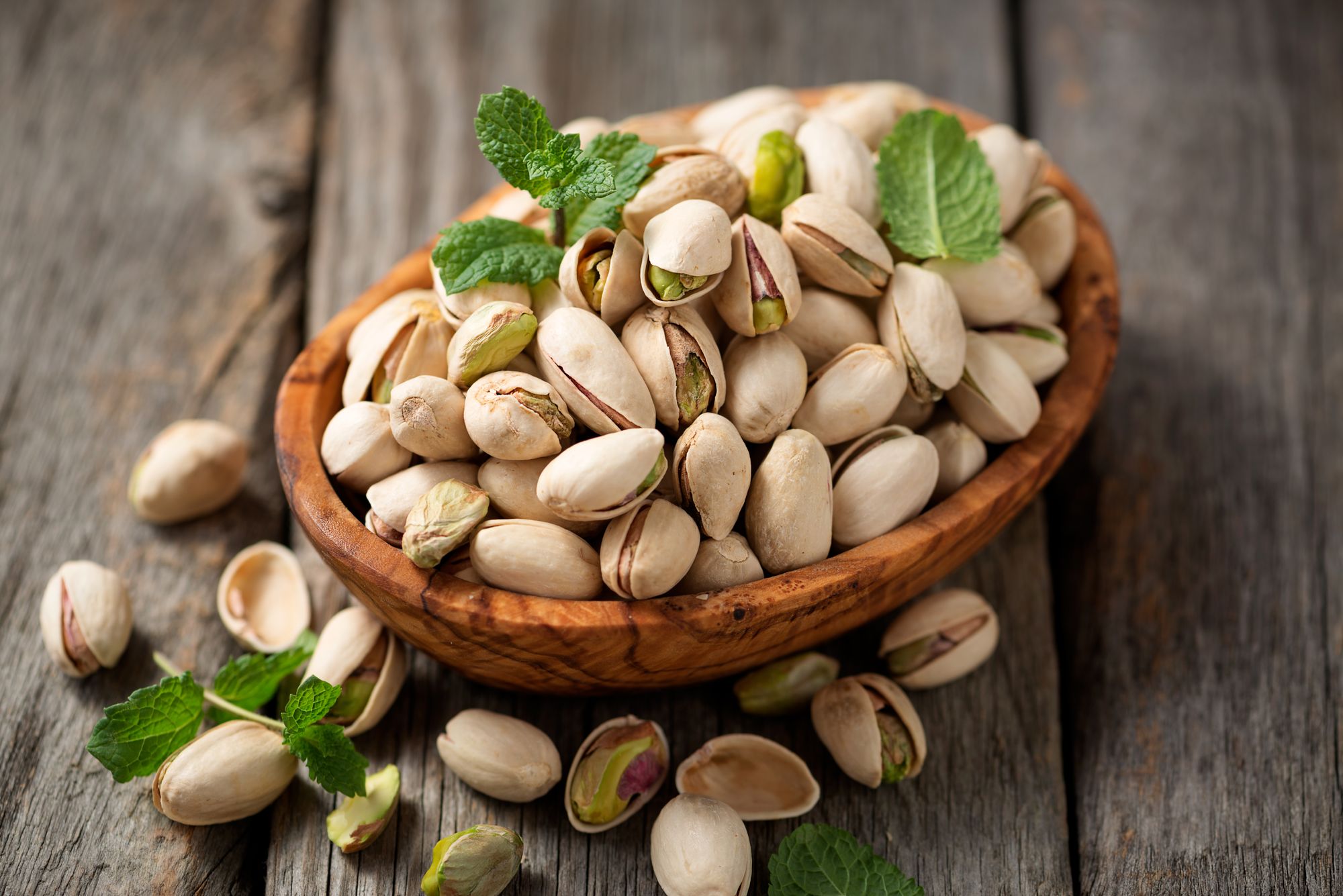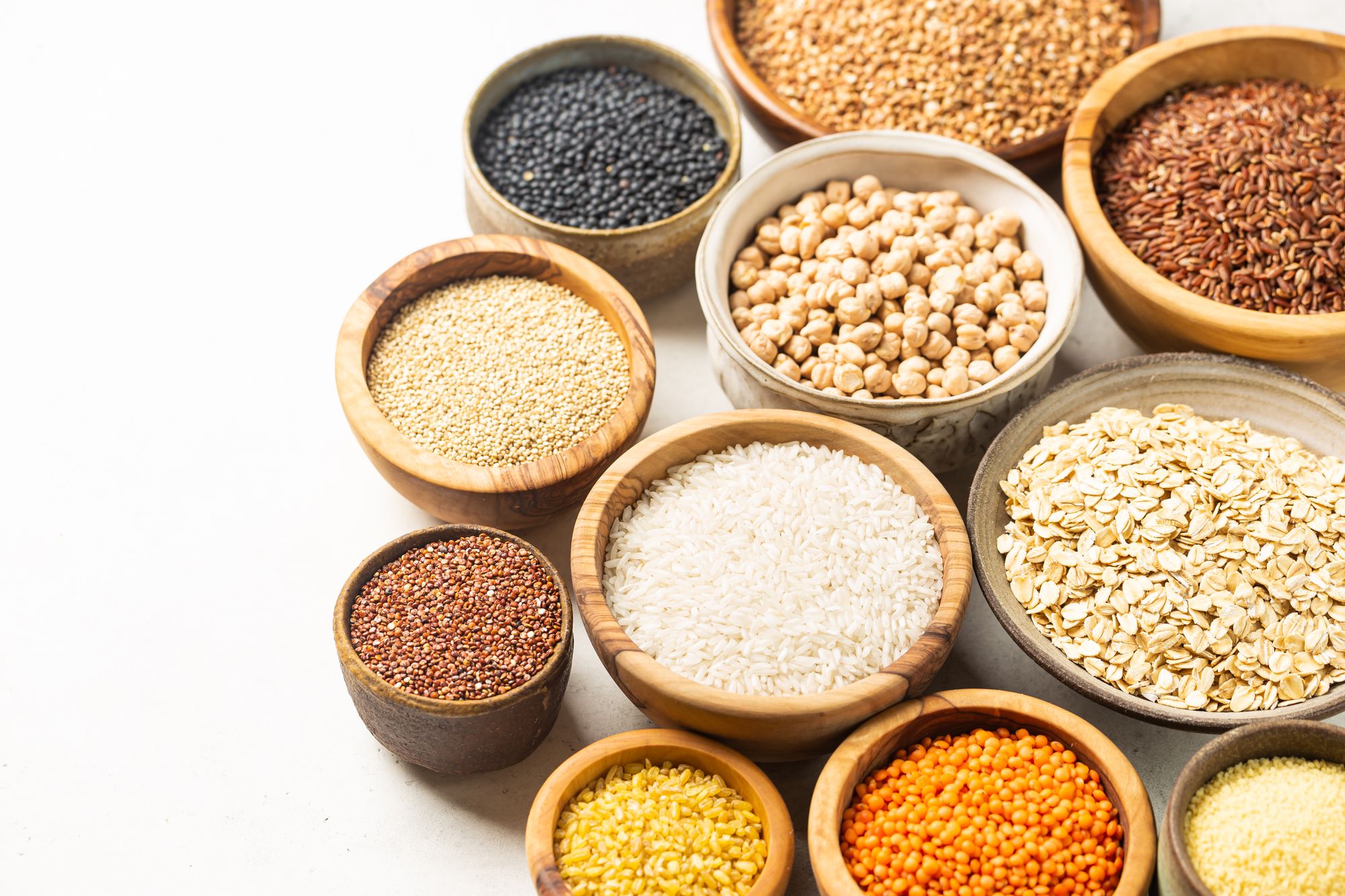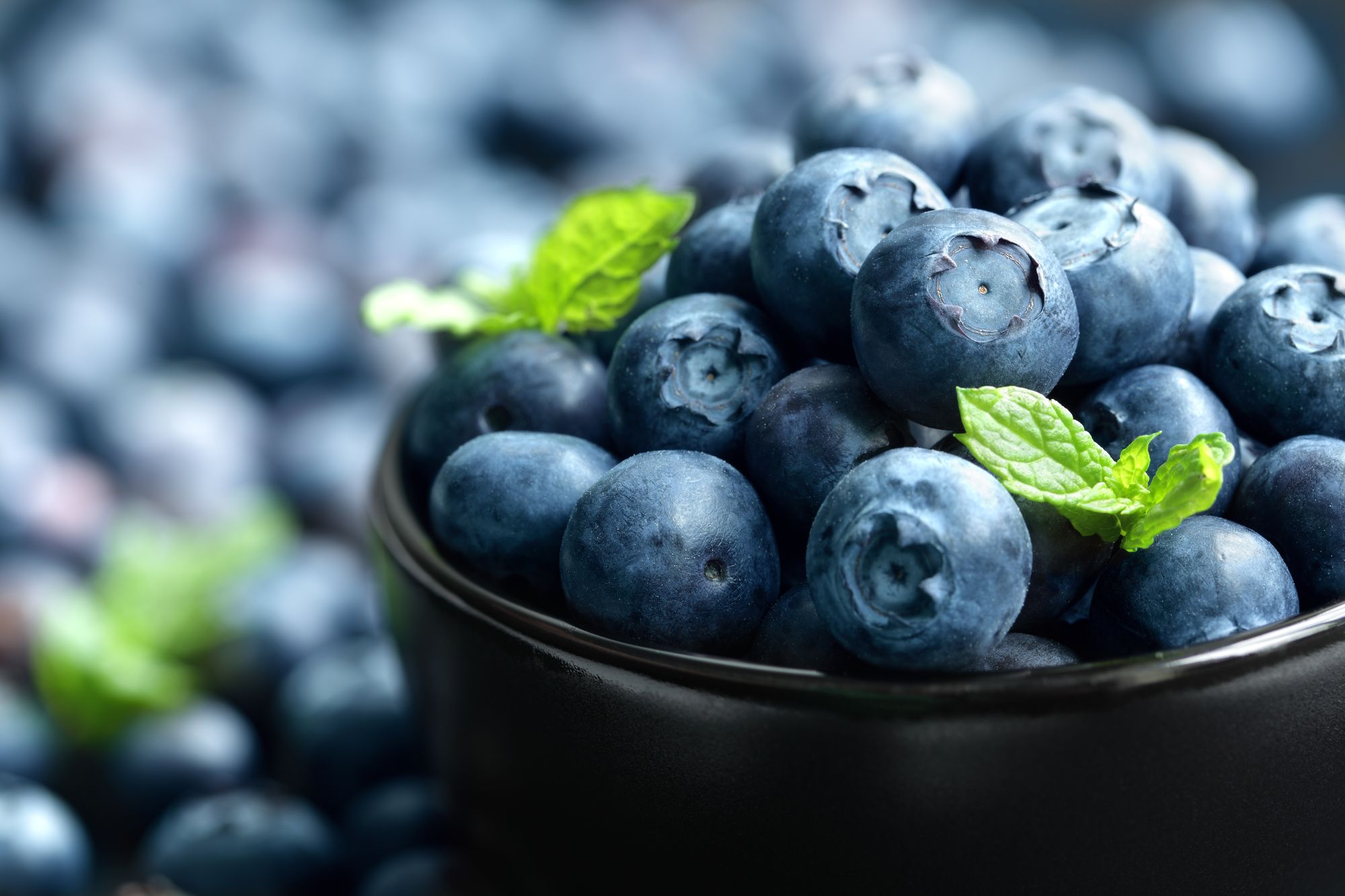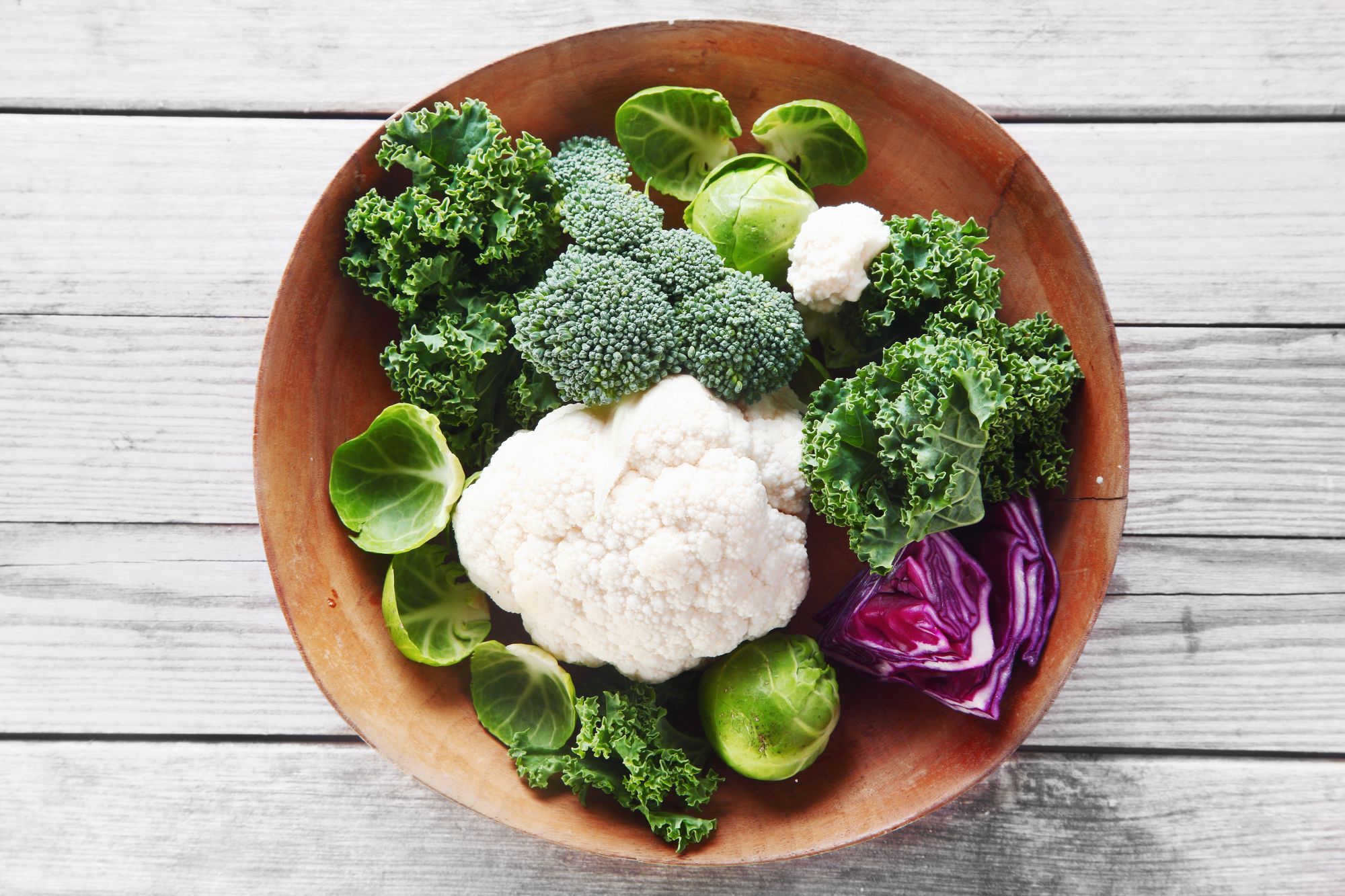Heart disease is a major global health concern, with CVDs being the leading cause of death worldwide. According to the WHO, CVDs take an estimated 17.9 million lives each year, with more than 80% of deaths caused by heart attacks and strokes. In the US, heart disease claimed 697,000 lives in 2020, accounting for 1 in every 5 deaths. A report by the American Heart Association also found that in 2020, 19 million deaths were attributed to CVDs globally, a 18.7% increase from 2010.
However, taking care of your heart health is within your control. By incorporating an active lifestyle and a healthy diet, you can reduce your risk of cardiovascular complications. Dietitians recommend incorporating certain foods and drinks into your diet to support heart health. Here are their top picks:
1) Eggs

"Eggs: A Heart-Healthy Food Recommended by Dietary Guidelines and the AHA"
According to Lauren Manaker, MS, RDN, LD, CLEC, author of several health and nutrition cookbooks, eggs are considered a healthy food choice by both the Dietary Guidelines for Americans and the American Heart Association (AHA). The AHA suggests that "healthy individuals can include up to a whole egg or equivalent daily" as part of a heart-healthy diet.
For older individuals with normal cholesterol levels, Manaker recommends consuming up to two eggs per day as part of a heart-healthy dietary pattern. Research shows that eating up to one egg per day may lower the risk of heart disease and stroke. Additionally, eggs contain antioxidants which may play a role in reducing the risk of cardiovascular disease.
2) Pistachios

"Nuts and Pistachios for Heart Health: Recommendations from the Nutrition Twins and Lauren Manaker"
The Nutrition Twins, Tammy Lakatos Shames, RDN, CDN, CFT, CLT, and Lyssie Lakatos, RDN, CDN, CFT, CLT, recommend eating nuts as a way to support heart health. According to them, regularly consuming nuts can reduce the risk of heart attacks and heart disease. Nuts lower LDL cholesterol and triglycerides, which build up in arteries and increase the risk of heart disease. A study of 210,000 people over 32 years found that those who ate an ounce of nuts 5 or more times a week had a 14% lower risk of cardiovascular disease and a 20% lower risk of coronary heart disease.
Lauren Manaker, MS, RDN, LD, CLEC, also highlights the heart health benefits of pistachios. She states that pistachios are effective in preventing cardiovascular issues due to their antioxidant properties. Pistachios have a high antioxidant capacity, rivaling that of foods such as blueberries, pomegranates, cherries, and red wine. According to Manaker, research shows that pistachios can have positive effects on weight management, cholesterol, blood sugar control, and heart health.
3) Black or Green Tea

Green and black tea are rich in flavan-3-ols, a plant compound. According to the latest guidance from the Academy of Nutrition and Dietetics, consuming 400-600 milligrams of flavan-3-ols per day can benefit various aspects of our health, including heart health," says Manaker. "Having two cups of green or black tea daily provides the recommended amount of flavan-3-ols."
4) Whole Grains

According to the Twins, consuming whole grains like brown rice, barley, rye, quinoa, and whole wheat can support heart health by lowering systolic blood pressure, cholesterol, and heart disease risk. A research analysis of 45 studies found that eating 3 or more servings of whole grains per day was associated with a 22% lower risk of heart disease. In contrast, refined and processed grains like white bread and snacks can increase the risk of heart disease.
Oats, specifically, are a valuable whole grain for reducing heart disease risk due to their high content of soluble fiber, which is associated with cholesterol management and a lower heart disease risk. As expert nutritionist Toby Amidor explains, oats contain soluble fiber that has been shown to lower LDL cholesterol and the FDA has a health claim about the connection between consuming high amounts of soluble fiber from foods like oats and a reduced risk of coronary heart disease. Adding these foods to a diet low in saturated fat can help lower LDL cholesterol and decrease heart disease risk.
5) Blueberries

Toby Amidor, a partner with the U.S. Highbush Blueberry Council and an expert in nutrition, states that both fresh and frozen blueberries contain nutrients that support heart health. According to the Dietary Guidelines for Americans, consuming a diet high in fruit is linked to a reduced risk of chronic diseases, including heart disease.
A recent study published in Clinical Nutrition found that consuming a cup of fresh blueberries, in the form of 26 grams of freeze-dried blueberries, may lower the negative impact of high-calorie, high-fat/high-sugar meals on cardiovascular health. The study showed that adding anthocyanin-rich blueberries to such meals resulted in reduced insulin and glucose levels, lower total cholesterol, and improved good cholesterol (HDL-C) in the 24 hours after the meal. Elevated post-meal glucose and impaired glucose tolerance are known risk factors for heart disease, especially in people with metabolic syndrome.
Amidor says that while more research is needed, the results of the study suggest that incorporating just one serving of anthocyanin-rich foods like blueberries into high-fat/high-sugar meals can help reduce increases in risk markers such as glucose, insulin, and cholesterol.
The Nutrition Twins add that wild blueberries are an excellent source of anthocyanins, nutrients, and fiber that are associated with improved cardiovascular health. The anthocyanins in wild blueberries help blood vessels function better and remain healthy, reducing the heart's workload. These blueberries are sweet and delicious and can be added to baked goods, smoothies, cereal, yogurt, or enjoyed on their own.
6) Orange Juice

Orange juice made from 100% oranges, not a mixture with added sugars, provides numerous nutrients that support heart health such as vitamin C, potassium, and folate," says Manaker. "Citrus fruits contain specific plant compounds known as hesperidin and naringenin. Studies have shown that these compounds are linked to several heart health benefits including a lower risk of stroke. One research analysis showed that consuming orange juice regularly can positively impact blood pressure and increase levels of good cholesterol in overweight and obese adults.
7) Tomatoes

Tomatoes are a rich source of antioxidants and nutrients that support heart health, including lycopene, beta-carotene, folate, potassium, vitamin C, flavonoids, and vitamin E, according to the Nutrition Twins. These nutrients have been shown to reduce LDL cholesterol, blood pressure, and homocysteine levels, and prevent blood cells from sticking together.
Cooking tomatoes increases the bioavailability of antioxidants like lycopene and beta-carotene, making them even more beneficial for heart health. Fresh tomatoes are great for salads, sandwiches, and wraps, but cooking them in dishes like chili, stews, sauces, and tomato sauce can also provide health benefits.
8)Salmon

The Nutrition Twins note that salmon is an excellent source of heart-healthy omega-3 fatty acids, which help to decrease inflammation in the body. This is important because inflammation can lead to damage to blood vessels and increase the risk of heart attack and stroke. Omega-3s are also known to lower triglycerides, blood pressure, reduce the occurrence of irregular heartbeats, and lower the risk of stroke and heart failure.
In addition to salmon, the Twins suggest incorporating other sources of omega-3s such as sardines, cod, herring, Atlantic mackerel, and lake trout into your diet. They recommend aiming for at least two servings per week.
9) Cruciferous vegetables

The Nutrition Twins highlight that cruciferous vegetables, like broccoli and Brussels sprouts, play a role in promoting heart health and reducing the risk of cardiovascular issues.
"Cruciferous vegetables, such as broccoli, have been linked to a reduced risk of heart disease events like heart attacks and strokes," the Nutrition Twins explain. "Broccoli contains selenium and sulforaphane, an antioxidant with heart-protective properties."
Regarding Brussels sprouts, the Nutrition Twins state that "these powerful vegetables may aid in preventing clogged arteries, a common cause of heart attacks and strokes. The heart-healthy benefits come from their fiber, carotenoids, folate, vitamins C, E, and K, and sulfur compounds known as glucosinolates, which have potent anti-inflammatory and antioxidant effects, lower LDL cholesterol and protect cells from damage."
The Nutrition Twins suggest incorporating Brussels sprouts into meals, such as salads, stir-fries, pasta dishes, and roasting with olive oil and garlic.

